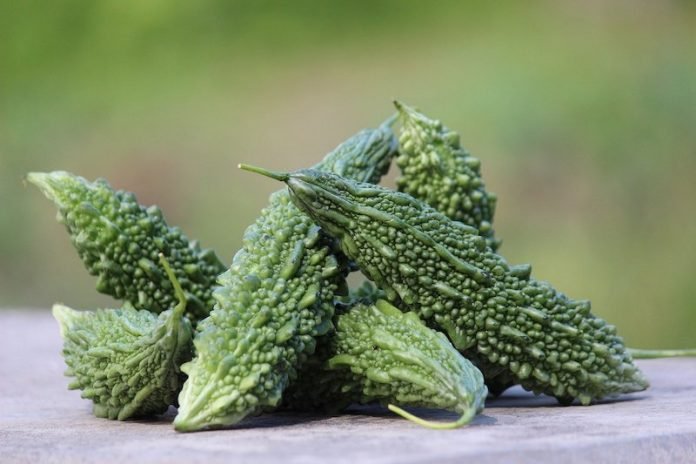
In a recent study from Baton Rouge General Medical Center, researchers found people who can’t stand broccoli, celery or kale may be supertasters, and it just may protect them from COVID-19.
Supertasters are folks who are highly sensitive to bitterness.
They’re not only less likely to get COVID-19 than people who aren’t so sensitive to sharp, pungent flavors, they’re also less likely to wind up hospitalized with it.
Exactly how or even if taste affects COVID-19 risk isn’t fully understood, but researchers do have a theory.
The ream found supertasters experienced COVID-19 symptoms for only about five days, compared with an average of 23 days among non-tasters.
Bitter taste receptors—including one called T2R38—are found in the taste buds of your tongue.
When T2R38 is stimulated, it responds by producing nitric oxide to help kill or prevent further replication of viruses in the respiratory mucosa.
These mucus membranes line your respiratory system and provide a point of entry for viruses, including SARS-CoV-2, which causes COVID-19.
In the study, the team tested close to 2,000 people (average age 46). All were tested before having COVID-19, as it could compromise their sense of taste and smell.
The participants were placed into one of three groups: Non-tasters, supertasters, and tasters.
Non-tasters are folks who can’t detect certain bitter flavors at all. Supertasters, on the other hand, are extremely sensitive to bitterness and can detect exceedingly small levels. Tasters fit somewhere in between.
During the study, 266 participants tested positive for COVID-19. Non-tasters were much more likely than supertasters to get infected and were also more likely to have severe COVID-19.
Tasters were likely to display mild-to-moderate COVID-19 symptoms, often not requiring hospitalization.
Those who had underlying conditions or were older with decreased ability to taste bitterness were the exception, the study found.
Researchers say that if you are unable to taste bitterness, you should be that much more careful and wear masks for a longer duration to protect yourself from COVID-19.
While most people don’t know which type of taster they are, home- and office-based tests can tell you where you fit on the taste spectrum.
If you care about COVID vaccines, please read studies about this new COVID-19 vaccine can give the body ‘border protection’ and findings of Pfizer vaccine may protect against COVID variants in these people.
For more information about COVID vaccines and your health, please see recent studies about these old vaccines can fight COVID-19 pandemic and results showing that one dose of Pfizer vaccine may effectively protect people who’ve had COVID.
The study is published in JAMA Network Open. One author of the study is Dr. Henry Barham.
Copyright © 2021 Knowridge Science Report. All rights reserved.



